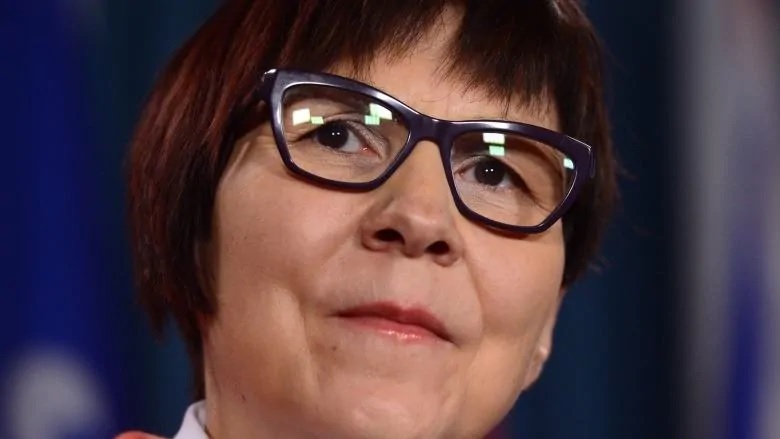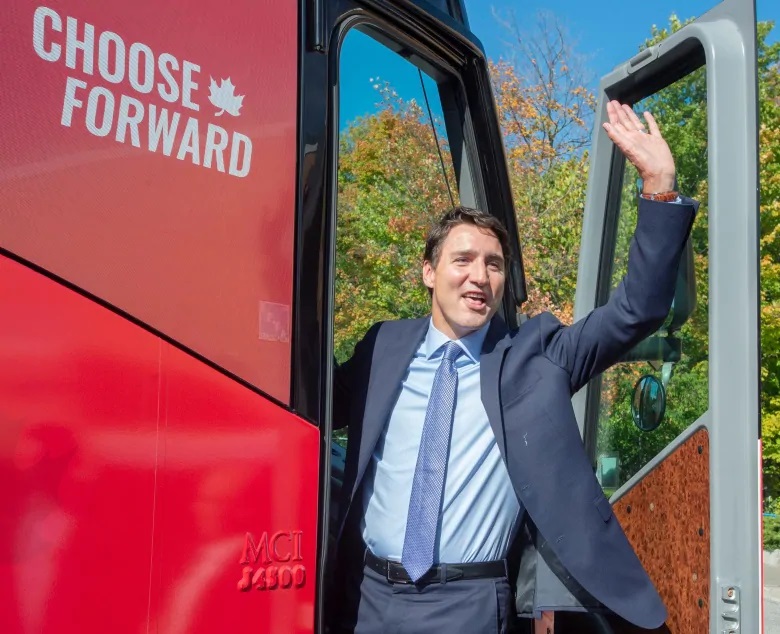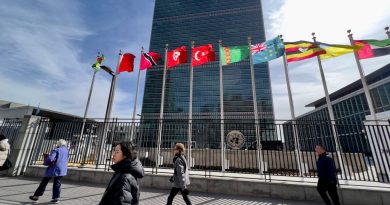Ottawa seeks judicial review in decision to compensate First Nations kids

Canada’s Liberal government led by Justin Trudeau is challenging a landmark human rights ruling to compensate apprehended First Nations children harmed by the on-reserve child welfare system.
The Attorney General of Canada filed an application to seek a judicial review with the Federal Court today — just two weeks before the federal election and days before the Oct. 7 deadline for filing an appeal.
The Canadian Human Rights Tribunal ordered the federal government on Sept. 6 to pay $40,000 — the maximum allowed under the Canadian Human Rights Act — to each child taken from homes and communities under the on-reserve child welfare system from Jan.1, 2006, to a date to be determined by the tribunal.
The ruling also directed Ottawa to compensate some of the parents and grandparents of children who were apprehended.
The decision could leave the federal government on the hook for billions of dollars in compensation.
Cindy Blackstock, executive director of the First Nations Child and Family Caring Society, told CBC News on Thursday that an appeal of the decision would perpetuate “racial discrimination of the worst kind.”

“It is the federal government’s discriminatory conduct that needs review and reform — not the legal decision that flagged the problem and ordered the discrimination to stop,” she said.
Ottawa’s application calls for an order setting aside the tribunal’s decision and dismissing the claim for monetary compensation. In the absence of such an order, the federal government is asking for an order setting aside the tribunal’s decision and referring the matter back to the tribunal for review in accordance with directions set by the Federal Court.
The federal government’s application says Canada acknowledges the finding of systematic discrimination and does not oppose the general principle of compensating First Nations kids — but it argues the ruling was inconsistent with the nature of the complaint, the evidence, past jurisprudence and the Canadian Human Rights Act.
In a statement released by his office, Indigenous Services Minister Seamus O’Regan said the government agrees affected individuals should be compensated — but it wants time to “address important questions and considerations such as who is to be compensated and the role of the Tribunal.”
“In order to give us both clarity on the ruling and time to have these conversations with our partners, which are not possible during an election, we are seeking a judicial review and stay,” says the statement.
Conservative Leader Andrew Scheer said on Thursday that he would seek a judicial review if he was prime minister.
“This is a far-reaching decision that has major impacts on multiple levels of government,” Scheer said.
“It would be appropriate to have a judicial review.”
Scheer has not said specifically what a Conservative government would do with this file if it forms government after Oct. 21.
NDP Leader Jagmeet Singh and Green Party Leader Elizabeth May have both said they would offer compensation at the level ordered by the tribunal.
Trudeau ducked questions Thursday when asked what a re-elected Liberal government would do.
“From the Sixties Scoop to the relocations, to the tuberculosis among the Inuit, we have always moved forward in a responsible way to compensate, to support people, and we will continue to do that as we move forward,” Trudeau said.
“We’re going to continue to work with Indigenous communities, work with Indigenous leaders, to make sure that there is proper compensation.”
National Chief of the Assembly of First Nations Perry Bellegarde has called on every party leader to commit to honouring the ruling.
“This is about supporting First Nations children and families and respecting human rights,” Bellegarde wrote in a tweet.
“It is unconscionable that anyone would oppose this.”
Some estimates place the number of potentially affected children at about 50,000, with the largest numbers in the Prairies and British Columbia. The ruling also covers First Nation children in the Yukon territory.
Ballot box issue
Mary Ellen Turpel-Lafond, a lawyer and former child and youth advocate for British Columbia, said she wants the party that forms the next government to work out a new path for First Nation children and families.
“The recognition that they deserve respect and support is long overdue,” Turpel-Laford said. “The time for fighting First Nation children and families is over.”

The tribunal ordered Ottawa to enter discussions with the First Nations Family Caring Society and the Assembly of First Nations — which filed the initial human rights complaint in 2007 — to determine the best independent process to distribute the compensation and decide who qualifies.
It gave the parties until Dec. 10 to come to the tribunal with proposals.
Blackstock said voters should consider where all political parties stand on the ruling when they head to the ballot box.
“I find Canadians really are wanting to see First Nation children being treated fairly and justly,” Blackstock said.
“I think they’re way out in front of the political parties in many ways on this.”
Related stories from around the North:
Canada: Premier François Legault apologizes for Quebec’s treatment of Indigenous peoples, Radio Canada International
Finland: Indigenous Sámi community weighs in on Finland’s truth and reconciliation process, Yle News
Sweden: Twenty-five Indigenous Sami remains returned by museum are reburied in northern Sweden, Radio Sweden
United States: U.S. Justice Department to send millions to rural Alaska law enforcement, Alaska Public Media



